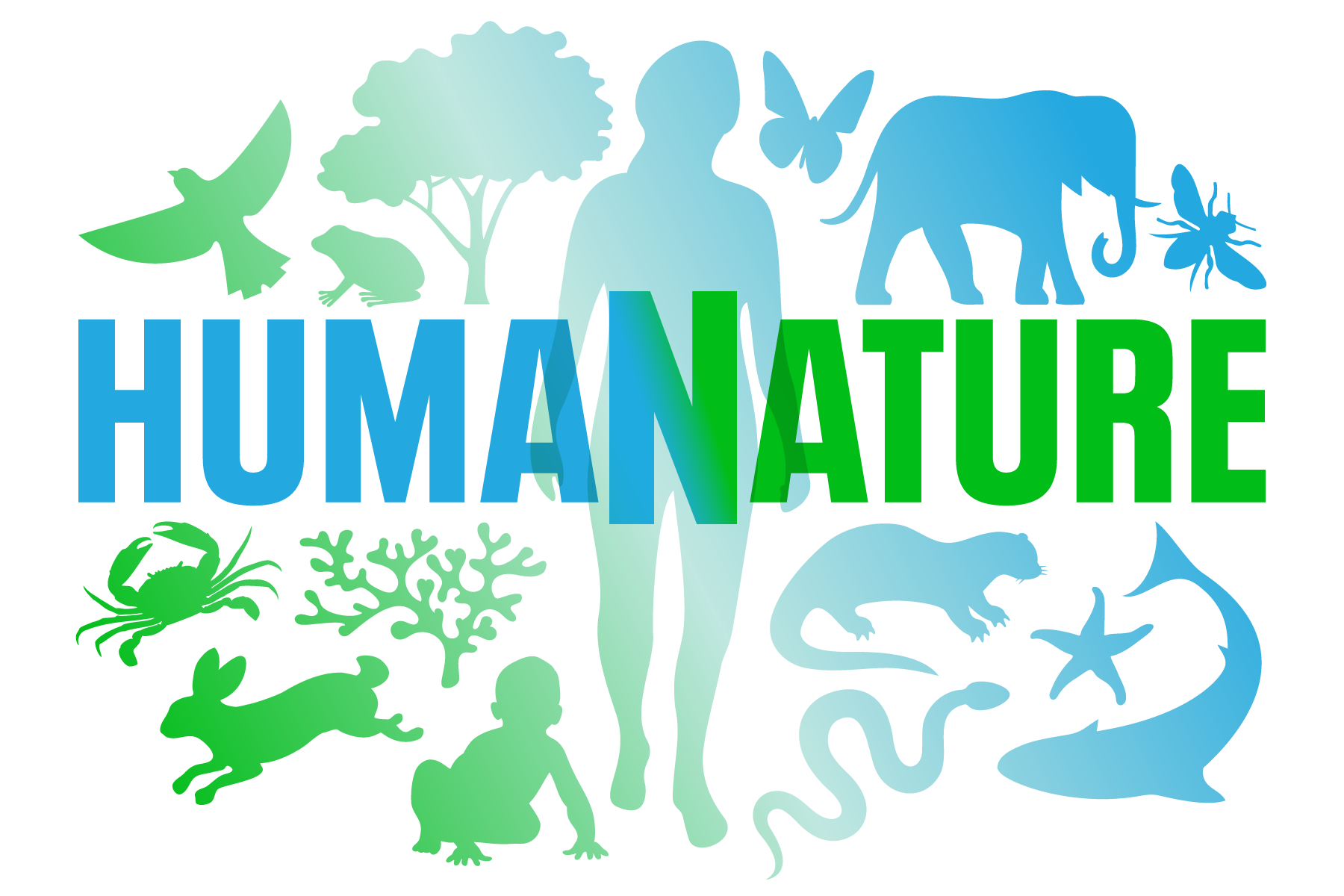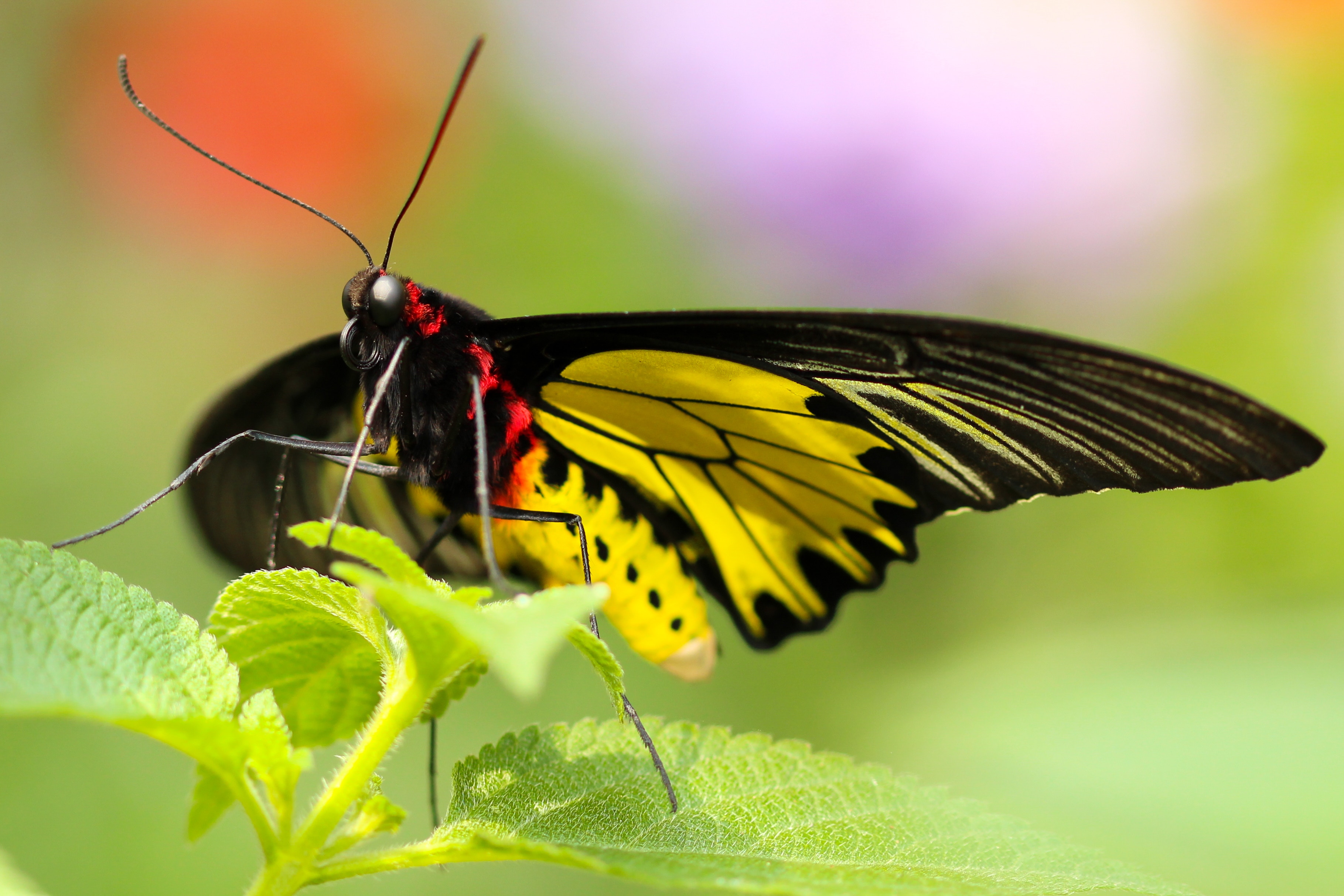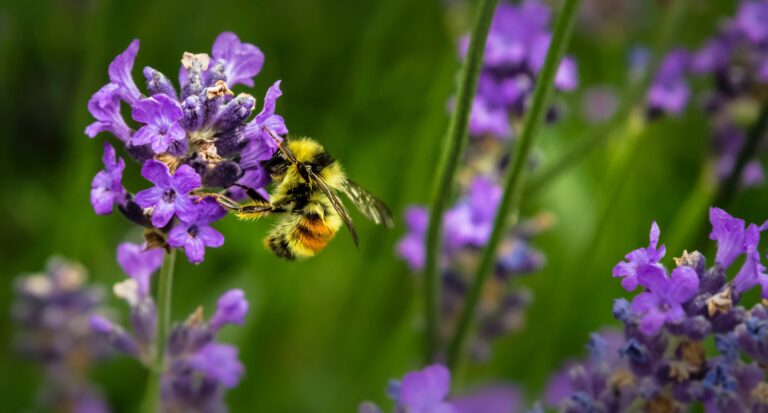
WELCOME TO HUMANATURE
Today is International Day for Biological Diversity. To mark it, PM is launching its new, overarching biodiversity campaign, HUMANATURE. The campaign will highlight humankind’s relationship with nature and the adverse impact of our growing numbers on it. It will emphasise that we humans must see ourselves as an integral part of nature, not separate from and superior to it. And it will inspire people to take action, locally, nationally and globally, to help protect biodiversity and make the case for slowing human population growth. PM’s Senior Campaigner, Andrew Howard, explains the thinking behind the campaign name, and sheds light on some of the campaign’s plans.
WHY HUMANATURE?
Much of human behaviour shows that we very often see ourselves, consciously or not, as existing as separate from nature. Standing heavily and destructively upon the Earth, we act in ways, as individuals and societies, that damage the Earth’s biodiversity, a major building block of Nature’s strength and resilience.
In our campaign name, the words ‘human’ and ‘nature’ run together to emphasise the fact that we humans are an integral part of nature, dependent on its health for our own health, well-being and, ultimately, survival.
In this sense, our campaign name fits with the theme of this year’s International Day for Biological Diversity – Building a shared future for all life.

In addition, ‘human nature’ is a concept that defines the characteristics that humans are said to have naturally. These include our ways of thinking, feeling and acting.
These fundamental characteristics include positive and negative elements. The HUMANATURE campaign will look at ways in which we, as individuals and as members of wider society, can question and change the parts of our human nature that are harmful towards the natural world. For example,
- the idea that all humans must have children; not doing so is viewed by many as being unnatural and against human nature. This ties in with our Small Families campaign, which includes normalising the choice to be childfree.
- the idea that humans have a natural instinct to see themselves as separate from and superior to nature, not part of it. This is shown in the ways in which we, particularly in the richer countries of the world, consume and run our economies to the detriment of the natural world, at home and globally. This ties in with our work to tackle overconsumption of natural resources.
CAMPAIGN PLANS
The HUMANATURE campaign will include a range of issues and actions – some already established and ongoing, and some new – to inspire people help protect biodiversity, tackle human population growth, and live more sustainably in harmony with nature.
A key focus will be on the positive solutions and actions – at international, national and local levels – that individuals, communities, organisations, governments and others can enact and take to ensure that humanity’s impact on nature is positive and sustainable.
INTERNATIONAL ANGLES
Explicit recognition of population growth needs to be an integral part of international agreements to protect nature. Later this year, the world’s nations will adopt the Post-2020 Global Biodiversity Framework (GBF). The GBF is the international plan to combat global biodiversity loss and ensure that by 2050 humans are living in harmony with nature. While the negotiations on the GBF are ongoing, PM will continue to lobby governments around the world to urge them to recognise population growth as a key driver of biodiversity loss in the agreement.
The empowerment of women and girls, particularly through access to voluntary, human rights-based, modern family planning and quality education, is crucial for slowing population growth and protecting biodiversity. PM will continue to urge that the UN Convention on Biological Diversity’s Gender Plan of Action addresses the fundamental importance to women of access to family planning services, if it is to ensure the gender-responsive implementation of the GBF.

The campaign will also look to tackle other issues of international importance, including the threats posed to biodiversity by agricultural expansion, driven by the need to feed ever more people and to satisfy our growing demand for meat and dairy products.
NATIONAL FOCUSES
PM will continue to pressure the UK Government to reverse its aid cuts to family planning. Last year, the United Nations Population Fund (UNFPA) estimated that the UK’s cut in contribution to its family planning programmes could lead to 250,000 additional maternal and child deaths, 4.3 million additional unsafe abortions and 14.6 million additional unintended pregnancies. This is disastrous not only for women’s and girls’ rights, health and well-being, but also for the Earth’s biodiversity, and the climate.
The responsibility for enacting the Global Biodiversity Framework will fall to national governments. The campaign will look to influence selected national governments to integrate policies concerning population growth into their strategies and plans.
LOCAL INITIATIVES
PM is kicking off its HUMANATURE campaign with a call to get our supporters and the wider public involved in protecting insects. Insect populations are in decline across the world due to a range of human-induced factors, such as habitat loss and climate change, all driven by population growth. PM’s Insect Populations Matter initiative aims to inspire action at a local level to help make a difference for our crucial insect populations.

PM will also be looking at local programmes around that world that are already being employed successfully to protect biodiversity through the reduction of population pressures. For example, the Population Health Environment (PHE) development model recognises the mutual benefits arising from improving the conditions of local communities and achieving local conservation goals. These programmes include the provision of family planning services to reduce local human population pressures on biodiversity.


